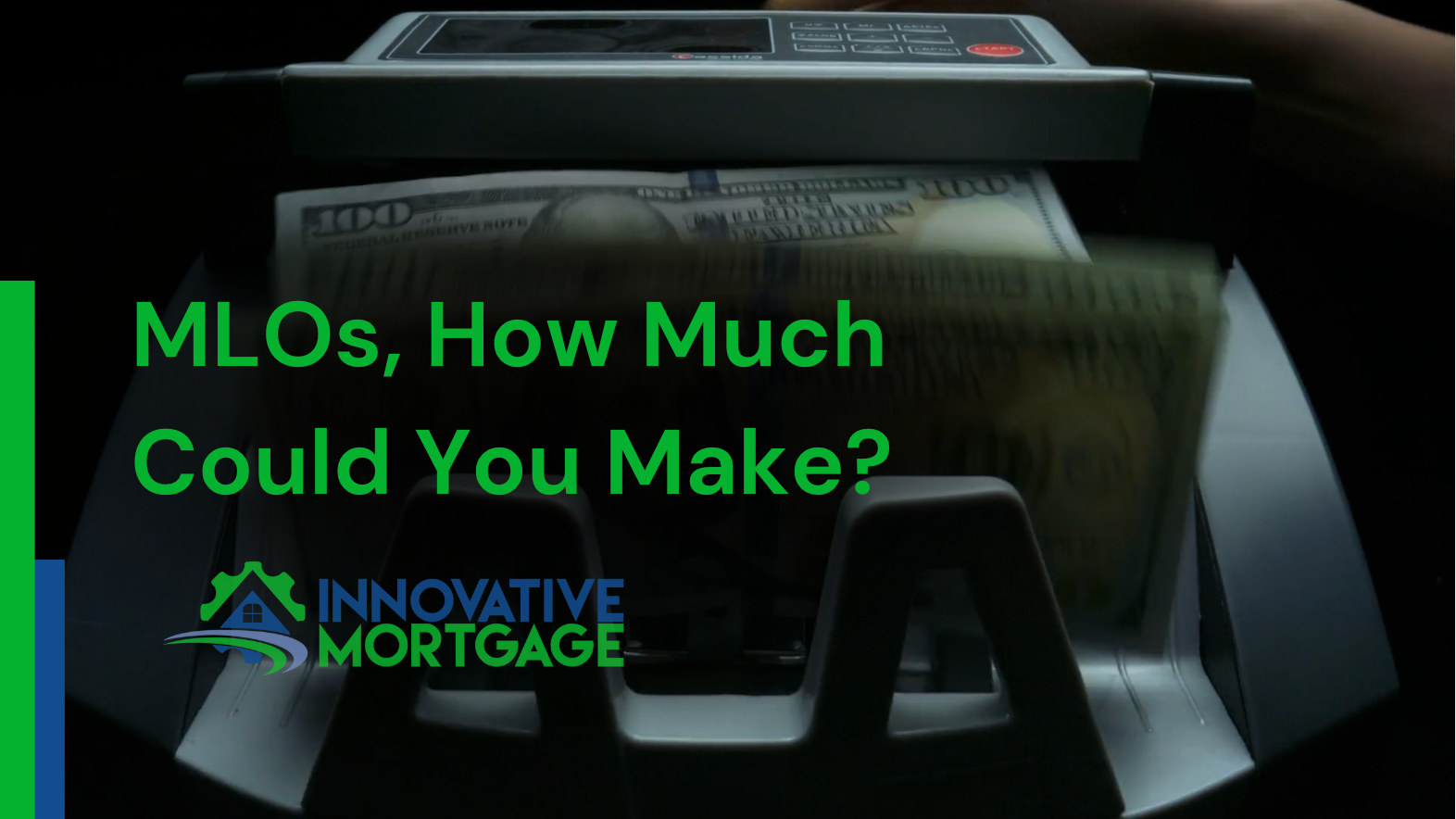State governments and the federal government have varying requirements. It can get a little confusing. Hopefully, this article will clear things up a bit. There is no federal law on the books that requires loan originators be compensated as W-2 employees. Laws and regulations vary among states.
FEDERAL REQUIREMENTS:
There are three areas under federal law and regulations that are relevant to the conversation pertaining 1099 vs. W-2 compensation: 1. Dodd-Frank, 2. The Department of Housing and Urban Development (HUD), and 3. the IRS common law rules pertaining to control and independence.
DODD-FRANK:
The loan originator compensation requirements under the Truth in Lending Act (Reg. Z) addresses total loan originator compensation. It states that total income is either wages and tips reported on a W-2 or reportable income on a 1099. See 12 CFR Part 1026 https://www.federalregister.gov/documents/2013/02/15/2013-01503/loan-originator-compensation-requirements-under-the-truth-in-lending-act-regulation-z#footnote-132-p11352, pg. 11352. See also https://files.consumerfinance.gov/f/201301_cfpb_final-rule_loan-originator-compensation.pdf, pgs. 262-63, 274, and 517. If 1099 compensation were not permissible under the Reg. Z it would have been stated therein. On the contrary, Reg. Z specifically refers to both W-2 and 1099 as types of compensation.
HUD:
Direct Endorsement (DE) lenders that write FHA loans must be approved by HUD to do so. FHA approved lenders are required to compensate individuals on a W-2 basis. The key words here are "FHA approved". DE's can sponsor third party originators to originate FHA transactions. Third party originators that are not HUD approved do not fall under the W-2 requirement. See
https://www.hud.gov/sites/documents/SFH_FAQ_PREVIEW.PDF, pg. 4. Consequently, if a mortgage lender or broker is a third party sponsor it does not fall under the DE W-2 requirement.
IRS COMMON LAW RULES:
Under these rules the IRS considers the behavioral, financial and the type of relationship between the parties to determine whether a business can classify compensation as W-2 or 1099. See
www.irs.gov/businesses/small-businesses-self-employed. The degree of control and independence are the factors considered in this analysis. Here classification is strictly relevant to which party is responsible for remitting payroll taxes. Where a business classifies a party as a W-2 under these rules, it must submit the payroll taxes on behalf of the employee. Where a business classifies a party as a 1099 independent contractor, the contractor becomes responsible for remitting payroll taxes.
FEDERAL LAW:
There is no federal law or regulation that mandates an originator be compensated as a W-2 employee. Furthermore, there is no federal law or regulation that prohibits 1099 compensation of a loan originator. The Nationwide Multistate Licensing System (NMLS) provides further evidence of this conclusion. Upon creating and registering a loan originator relationship within the NMLS system a lender has the option to select either W-2 or 1099 with respect to the classification of the parties relationship. Since loan originators can operate as 1099 independent contractors the NMLS has both relationship options available. See below.
STATE REQUIREMENTS:
State requirements vary from state to state. Some states require mortgage lenders to compensate originators on a W-2 basis. Other states permit mortgage lenders to compensate originators on a 1099 basis. Therefore, for proper compliance each state's relevant laws and regulations should be directly confirmed and verified.
For example, New Jersey requires loan originators be compensated on a W-2 basis. See NJ Rev Stat § 17:11C-54 (2019) (c. For mortgage loan originators: (b) No individual, except as provided in paragraph (2) of this subsection, shall be issued or hold a license as a mortgage loan originator unless employed as an originator by one, and not more than one, business licensee, and is subject to the direct supervision and control of that licensee. . . .) emphasis added.
law.justia.com. The NJ statute specifically utilizes the word "employed" thereby designating a classification that requires W-2 compensation.
Alternatively, Florida permits loan originators to be compensated as 1099 contractors. "(1) LOAN ORIGINATORS.—An individual may not act as a loan originator unless he or she is an employee of, or an independent contractor for, a mortgage broker or a mortgage lender, and may not be employed by or contract with more than one mortgage broker or mortgage lender, or either simultaneously." Emphasis added. See
Florida Statutes 494.00331.
CONCLUSION:
Federal law does not prohibit 1099 compensation to licensed loan originators. Reg. Z refers to both classifications, employees and contractors, when identifying originator compensation. HUD mandates W-2 compensation only for DE approved lenders, not third party sponsors. Under common law rules the IRS classifies parties as employees or independent contractors strictly for tax reporting purposes. Finally, laws and regulations vary from state to state, with some states requiring W-2 and others permitting 1099. Innovative Mortgage, a third party sponsor for purposes of HUD, classifies its loan originators as licensed contractors and compensates W-2 or 1099 depending on state laws and regulations.







